What is Institutional Trading Platform
What is Institutional Trading Platform Multilateral trading facilities are a basic element of contemporary financial systems, aimed at the provision of services necessary for trading by institutions such as hedge funds, mutual and pension funds’ investment firms, and insurance companies. These categories are distinct from the traditional retail trading platforms, as they invariably possess better underlying infrastructures, and contain additional instruments and services pertinent for the professional trader.
The present blog post includes a brief description of the main features and capabilities, opportunities, and threats of institutional trading platforms that will help to clarify their role in the modern financial system.
What is an Institutional Trading Platform?
What is Institutional Trading Platform place is an online environment or technology used for the trade and management of securities and other financial instruments for the institutional investors. These platforms can absorb a lot of trade traffic as well as offer those key tools required in the most complex trading strategies.
Unlike retail platforms like Robinhood or eToro, institutional platforms cater to traders who require features such as:
- Direct Market Access (DMA): Allows institutions to go directly into market exchange without the involvement of the middlemen.
- Algorithmic Trading Tools: Computerized means of undertaking complicated plans of action.
- Advanced Analytics: The technology used for market intelligence and strategy planning and enhancement.
- High-Speed Execution: Low latency is of great importance in order to take advantage of short-lived market opportunities.
Features of Institutional Trading Platforms
| Feature | Description |
| Advanced Order Types | Supports custom and conditional orders, such as iceberg orders or time-weighted average price (TWAP). |
| High-Frequency Trading (HFT) | Allows for executing millions of trades within fractions of a second, leveraging algorithmic strategies. |
| Liquidity Access | Provides deep liquidity by connecting to multiple exchanges, dark pools, and liquidity providers. |
| Risk Management Tools | Features such as margin tracking, stop-loss systems, and VaR (Value at Risk) analytics. |
| Market Data Integration | Offers real-time data feeds, news updates, and historical data for strategic planning. |
Institutional trading platforms as classified
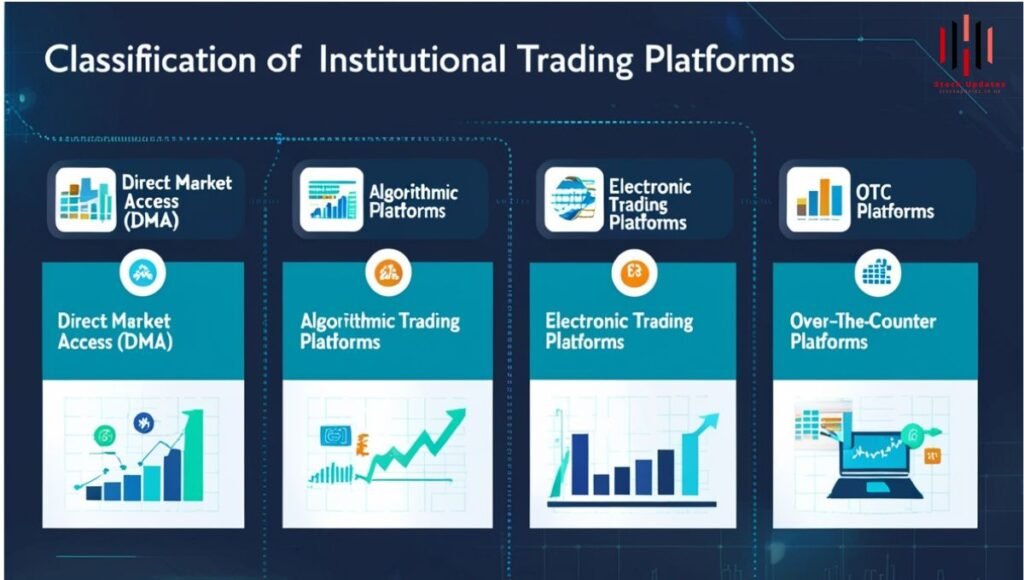
1. Proprietary Platforms
These are Local systems that are created by the traders and are used by financial institutions for their own trading purposes.
2. Third-Party Platforms
Some software, such as Bloomberg Terminal, FactSet, or Eze Software, are multi-institutional platforms that work completely universally and universally widely proposed.
3. Execution Management Systems (EMS)
Electronic multi-side platforms are oriented toward order execution and market access; therefore, they are fast.
4. Order Management Systems (OMS)
Being designed specifically to identify the order life cycle, the OMS includes the solutions for the management of the portfolio in their structure.
The benefits of institutional trading platforms
1. Efficiency and Speed
Through the access to direct markets, trade execution on these platforms takes place with little time delay.
2. Scalability
A profound understanding of institutional platforms is formed by the ability to open large size orders without overburdening the market and, thus, leading to high costs.
3. Customization
It would also mean that institutions would be able to adjust their What is Institutional Trading Platform environment: interfaces, algorithms, etc.
4. Data-Driven Decision-Making
Integration of actual and potential markets infuses institutions with adequate knowledge on the actual market situation.
5. Regulatory Compliance
Today, numerous solutions are designed with compliance capabilities, helping institutions to achieve compliance objectives.”
Issues on Institutional Trading Platforms
1. High Costs
Such platforms are sometimes very costly to develop, obtain a license and maintain which poses a challenge to the entities.
2. Complexity
This means that different features that offer enhanced service shall necessitate personnel with the level of expertise that will cost additional training.
3. Cybersecurity Risks
Such platforms involve high-stakes business making them attractive targets for hackers, which requires strong security belts.
4. Market Dependency
Algorithmic trading, as well as high-frequency trading, may highly depend on the state of the market, which is rather unpredictable.
Case Study: Bloomberg Terminal
One of the most renowned institutional trading platforms is the Bloomberg Terminal. Known for its iconic black-and-orange interface, the Bloomberg Terminal provides an unparalleled suite of features, including:
- Real-time market data and analytics.
- Integrated messaging for secure communication.
- Access to exclusive financial news and reports.
- Trading and portfolio management tools.
Due to its popularity across financial institutions, there is need to have enhanced and accurate trading platforms within financial markets.
Future Trends about the Institutional Trading Platforms
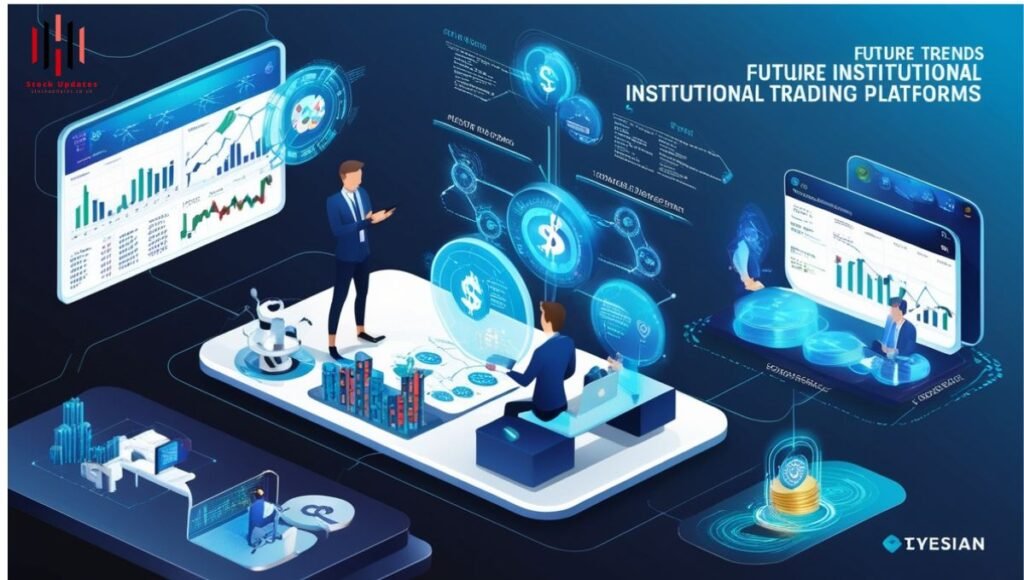
1. AI and ML
Big-data analytics supported by artificial intelligence is becoming more and more essential in forecasting the tendencies in the market and in maximizing the ways that are used.
2. Blockchain Integration
Distributed ledger technology claims to bring about a better picture of institutional trade execution.
3. Expansion of Asset Classes
To adjust for the growth of new devices consisting of Cryptocurrencies, investment openings are being extended.
4. Sustainability Metrics
Integrated Environment, Social and Governance data integration, which is also known as Integrated ESG data is therefore on the rise as more and more investors embrace sustainable investment.
Conclusion
Multilateral What is Institutional Trading Platform facilities are the core of efficient financial organizations that professionals manage for large-scale operations. Due to the availability of the complex, vast integration of data, and the compliance rules that address the institutional investors, these tools are crucial.
In light of this developments, these platforms will only grow, introducing more complex, useful features for online financial performance tracking. For institution that wants to sustain themselves and remain relevant in the electronic What is Institutional Trading Platform of securities, then the deployment of a sound trading platform becomes inevitable.
Read more about Trade and other categories at stock updates.




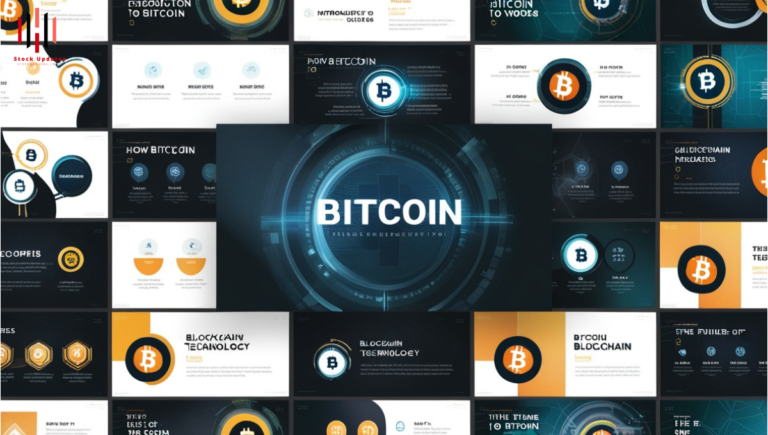
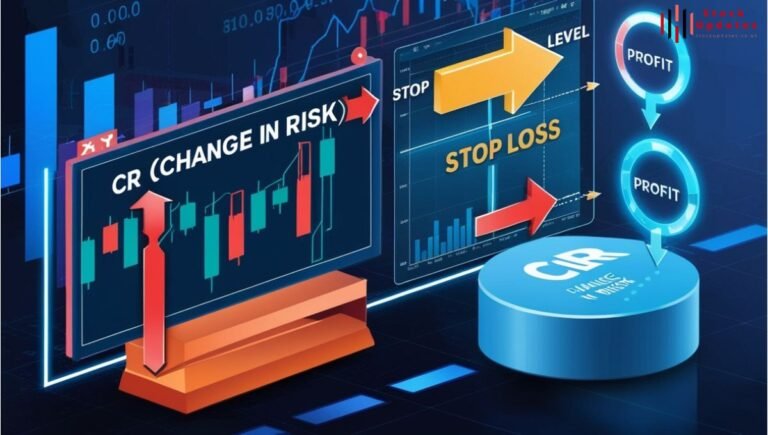
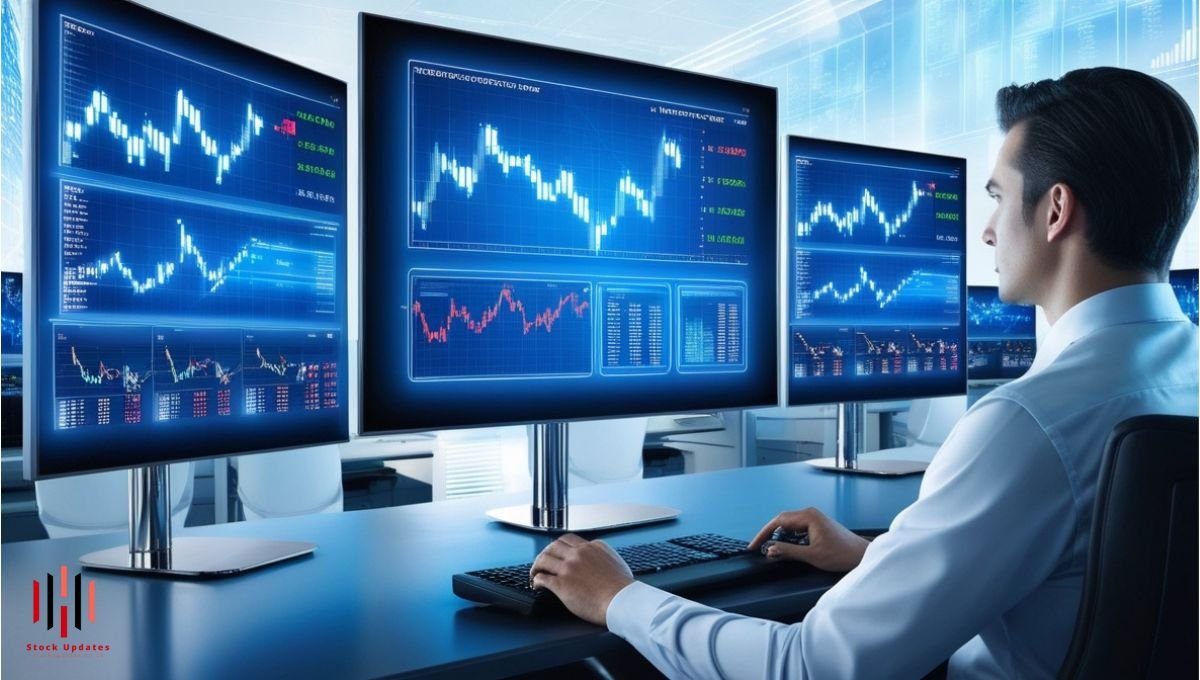
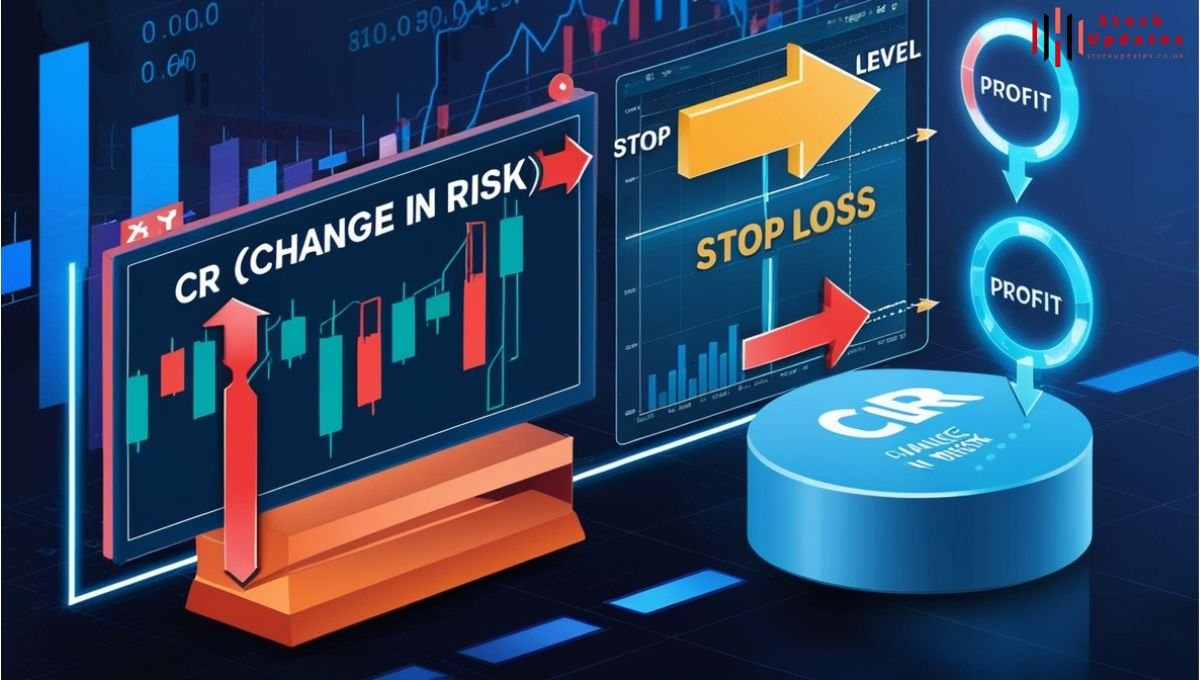
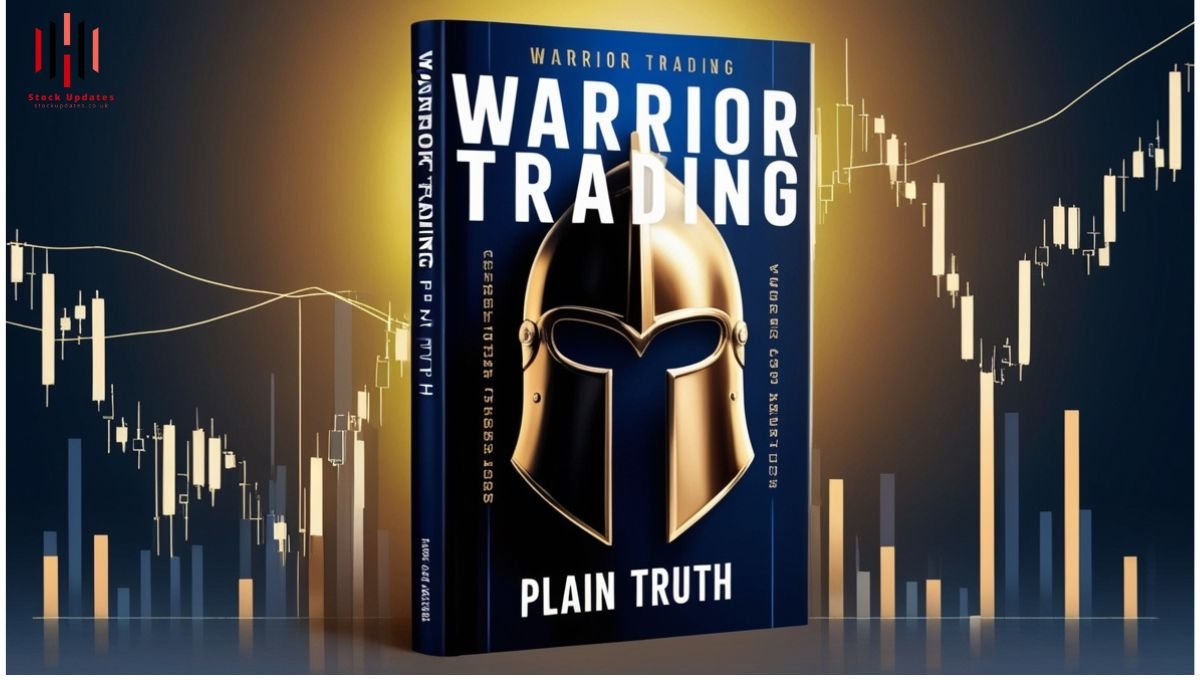
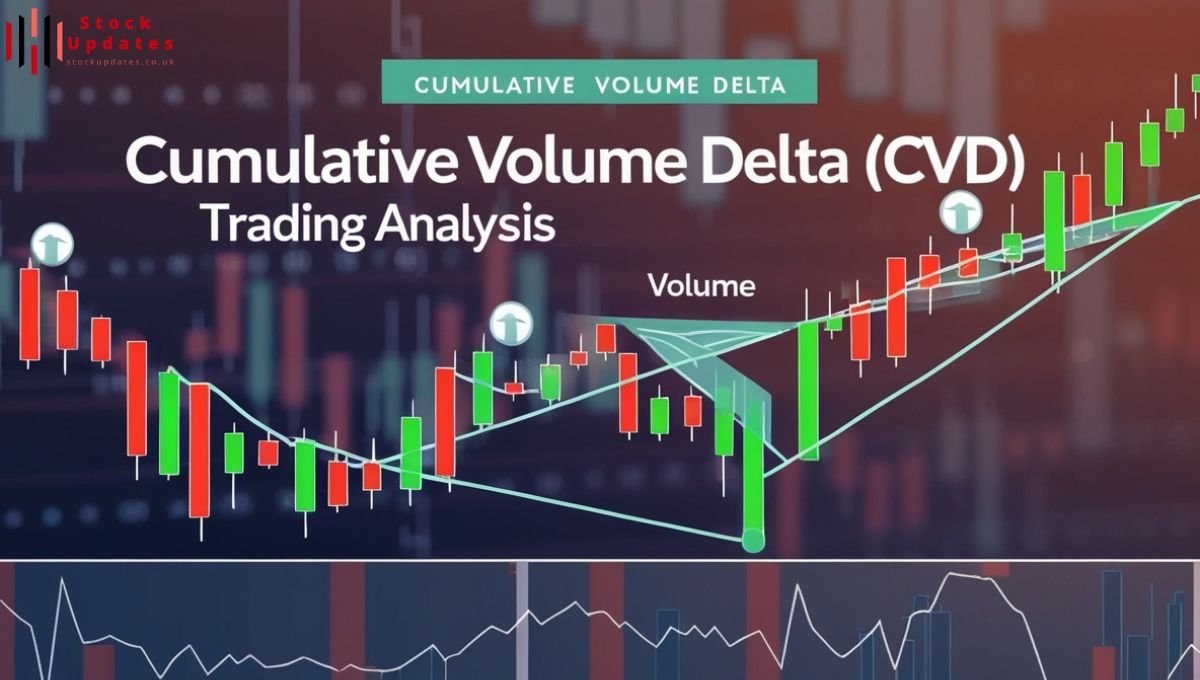

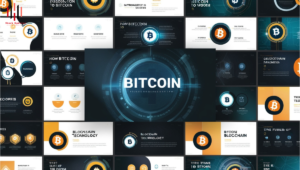
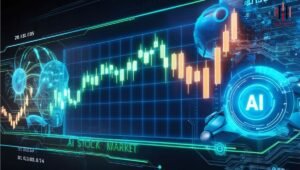









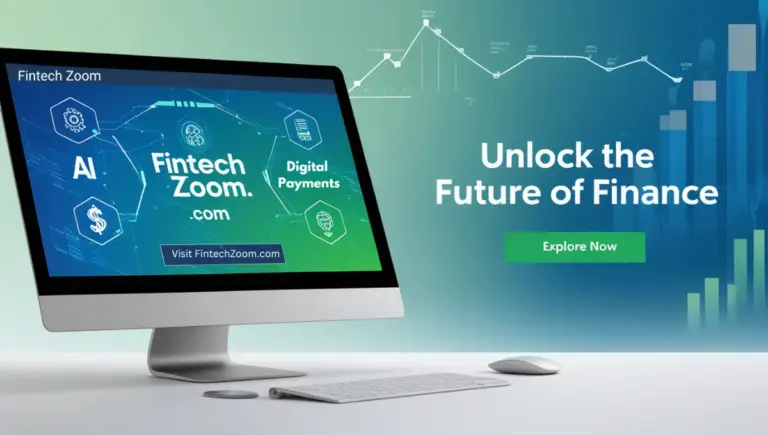

Post Comment